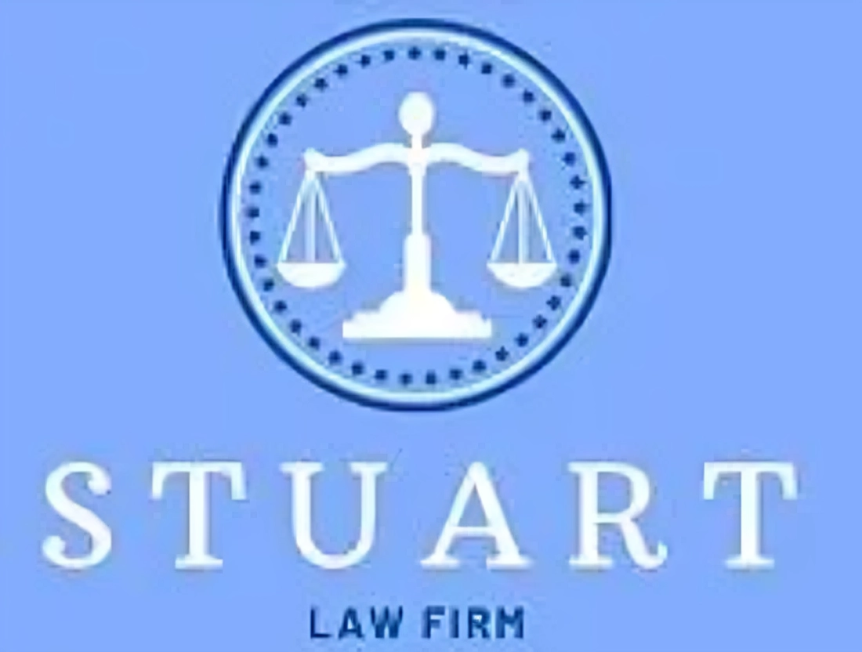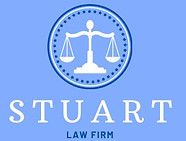Understanding Chapter 7 Bankruptcy: What You Need to Know
Sharon Stuart
When financial struggles feel overwhelming, bankruptcy can offer a fresh start. One of the most common types of bankruptcy for individuals is Chapter 7 bankruptcy —often referred to as “liquidation” bankruptcy. If you're considering this option, it’s important to understand how it works, who qualifies, and what it can do for your financial future.
Who Qualifies for Chapter 7 Bankruptcy?
Not everyone is eligible for Chapter 7 bankruptcy. To qualify, you must pass what’s known as the means test, which compares your income to the median income in your state. If your income is below the state median, you may automatically qualify. If it’s higher, you’ll need to complete additional forms to determine whether you have enough disposable income to repay some of your debts under a Chapter 13 repayment plan instead.
Other eligibility requirements include:
-
You must not have had a Chapter 7 bankruptcy dismissed within the past 180 days due to willful failure to appear in court or comply with orders.
-
You must complete a credit counseling course from an approved agency within 180 days before filing.
How the Process Works
The Chapter 7 bankruptcy process typically unfolds over a few months and involves several key steps:
-
Filing the Petition
You’ll begin by filing a petition with the bankruptcy court, along with detailed financial documents listing your assets, debts, income, and expenses. -
Automatic Stay
Once filed, an automatic stay goes into effect—temporarily halting creditor collection efforts, including calls, lawsuits, and wage garnishments. -
Trustee Appointment
The court assigns a trustee to your case. Their job is to review your assets and determine if any can be sold (liquidated) to repay creditors. -
341 Meeting
You’ll attend a “341 meeting of creditors,” where the trustee and any creditors can ask questions about your financial situation. -
Discharge of Debts
If all goes smoothly, you’ll receive a discharge order in about 3-6 months, which legally eliminates qualifying debts.
What Debts Can Be Discharged?
Chapter 7 bankruptcy can discharge many types of unsecured debts, including:
-
Credit card balances
-
Medical bills
-
Personal loans
-
Utility bills
-
Certain tax debts (under specific circumstances)
However, some debts generally cannot be discharged, such as:
-
Student loans (except in rare hardship cases)
-
Child support and alimony
-
Most tax obligations
-
Court fines and criminal restitution
Is Chapter 7 Bankruptcy Right for You?
While Chapter 7 can offer a clean slate, it’s not the right solution for everyone. It can impact your credit score and may require you to give up certain assets. However, for those dealing with unmanageable debt and limited income, it can provide much-needed relief and a path toward financial recovery.
At Stuart Law Firm, LLC, we help clients navigate the bankruptcy process with clarity and compassion. If you're wondering whether Chapter 7 bankruptcy is the right step for you, contact us today for a consultation. A better financial future may be just around the corner.

